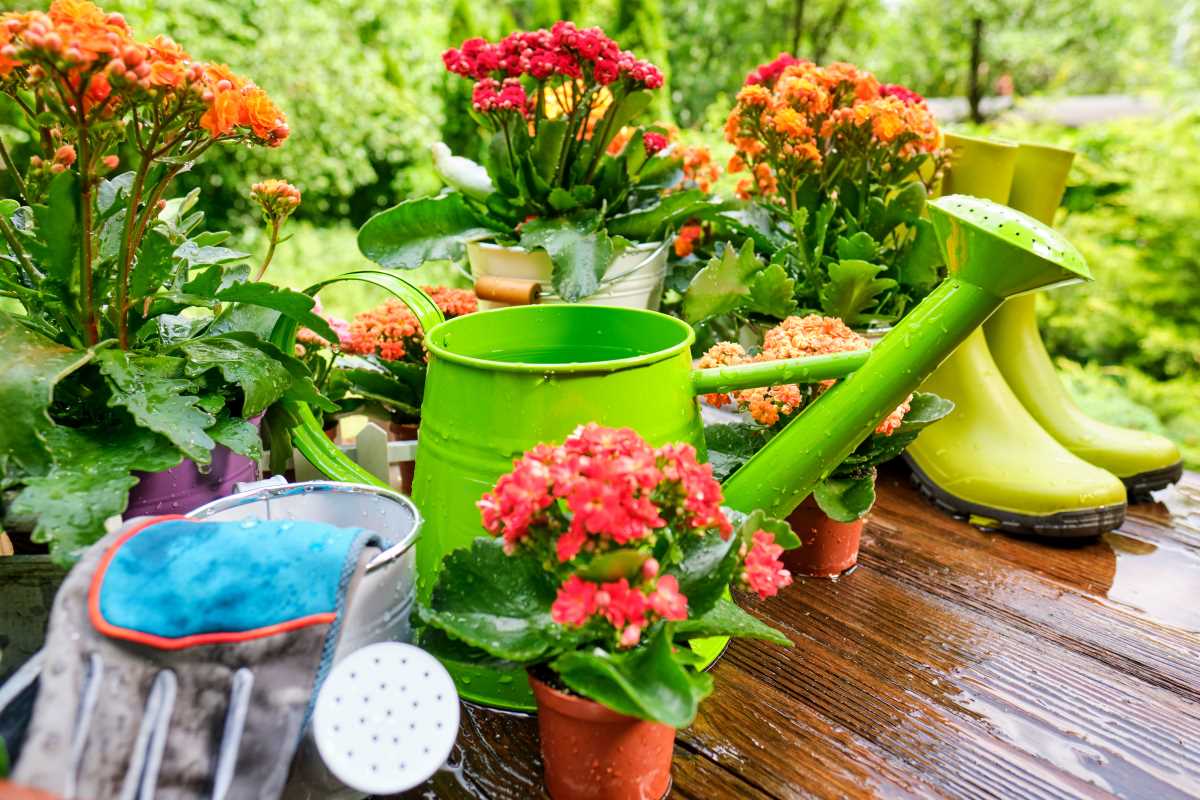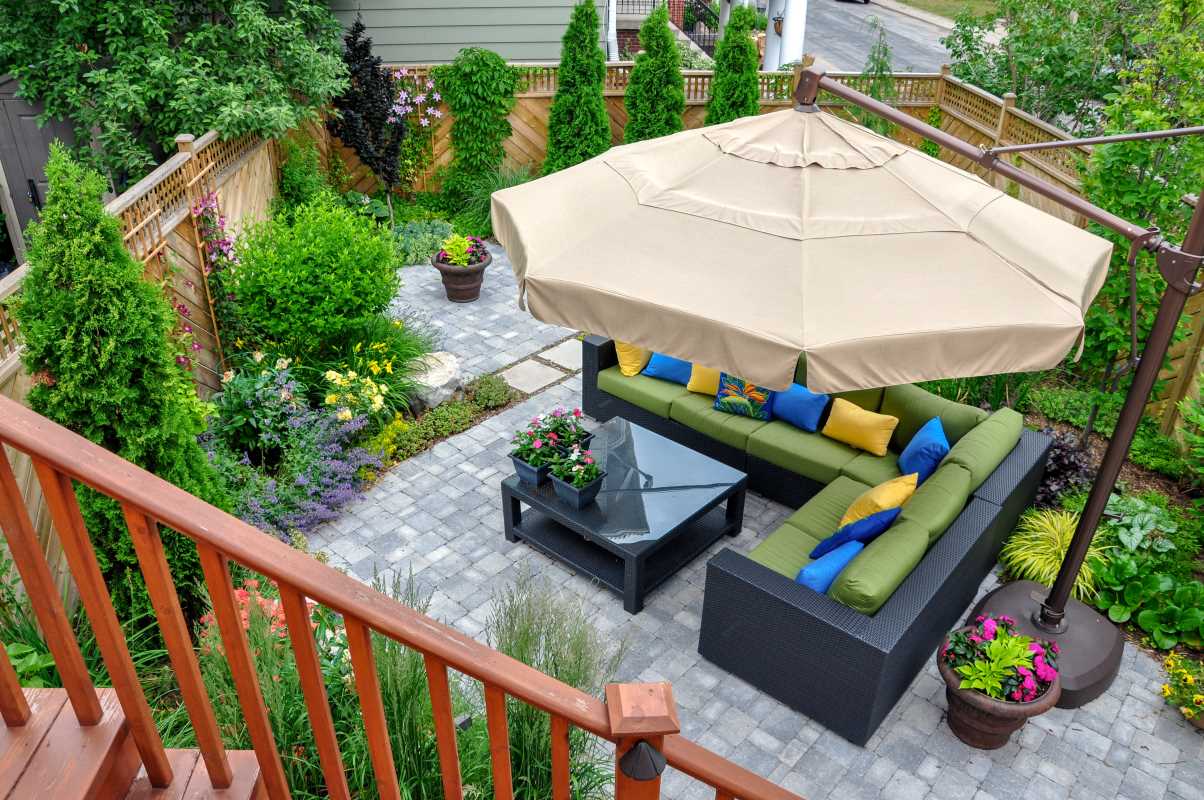If you’ve been feeling stressed, anxious, or just plain overwhelmed, you’re not alone. Managing mental health can feel like an uphill climb, but sometimes the simplest acts can make a world of difference. One of those simple but powerful tools? Gardening. Yes, spending time with dirt and plants has been shown to improve mental well-being in ways that might surprise you. Whether you’re nurturing a tiny potted plant or cultivating a backyard full of flowers, gardening offers more than just a pretty view. It can calm your mind, boost your mood, and even help you heal. Curious about how and why? Keep reading to uncover how gardening could become your unexpected therapy.
Why Gardening Works Wonders for Your Mind
When it comes to mental health, gardening offers a unique combination of physical, emotional, and sensory benefits. It works in harmony with your brain and body to alleviate symptoms of stress, anxiety, and even depression. But how exactly does this happen?
A Natural Mood Booster
Gardening is known to increase the production of serotonin, a chemical in the brain that boosts your mood. Just imagine standing outside in the sun, breathing in fresh air, and tending to a plant you’ve watched grow from nothing. These small actions stimulate your senses and naturally put your mind in a better place. Research even suggests that contact with certain soil bacteria, like Mycobacterium vaccae, can actually trigger this serotonin release. Turns out, getting your hands dirty is good for your brain too!
Gardening encourages mindfulness. When you’re focused on trimming leaves, watering soil, or watching a butterfly land on a flower, your brain takes a break from overthinking or worrying. These little moments of peace can add up, lessening feelings of anxiety.
Stress? Melt It Away
You know that tense, weighed-down feeling you get when life feels like too much? Gardening can be an antidote to that. Being outdoors surrounded by greenery helps lower cortisol levels, which is the hormone responsible for stress. It’s why so many people feel calmer and more refreshed after spending time in a garden or even a park.
And don’t worry if you don’t own a backyard. Even caring for a few houseplants can give you similar stress-busting results. Watching them thrive under your care can restore a sense of control and purpose that’s comforting when life feels chaotic.
Physical Activity Without the Pressure
Exercise is always recommended for mental health, but for many people, the idea of hitting the gym feels intimidating or draining. Enter gardening, a fun and less formal way to move your body. Digging, planting, weeding, and carrying pots all count as moderate physical activity.
Not only does this keep your body active, but it also releases endorphins, those feel-good chemicals that act as natural stress relievers. At the same time, gardening doesn’t feel like a chore or a workout. It’s a low-pressure activity where you set your own pace, making it accessible for people of all fitness levels.
Creates Routine and a Sense of Purpose
When dealing with mental health struggles, staying motivated or finding purpose can feel challenging. Gardening provides a simple but meaningful way to create structure in your day. Your plants depend on you to care for them, and this responsibility can give you an extra push to get out of bed on difficult days.
Over time, seeing the results of your efforts, like a flower blooming or a vegetable sprouting, brings a feeling of achievement. This sense of accomplishment, no matter how small it seems, reminds you that your actions matter.
Combats Loneliness and Builds Connection
Believe it or not, gardening can help reduce feelings of isolation too. It’s a hobby you can share with others, whether that’s by swapping advice with fellow plant-lovers online, joining a community garden, or giving away some of your home-grown veggies to friends and neighbors. These little social interactions, sparked by a shared interest, can go a long way toward improving your mood and help you build connections with others.
Even if you’re gardening on your own, you may find comfort in creating a bond with your plants. Talking to plants might sound silly, but studies suggest that it can actually help you feel more connected and less lonely. Not to mention, plants are great listeners who never judge!
Nature as Therapy
There’s something inherently healing about spending time in nature. Gardeners often refer to their time with plants as “grounding.” This refers to the calming and centering effect you experience when you’re immersed in the natural world, away from the noise of daily stressors. Gardening allows you to experience this grounding effect firsthand, by barefoot walking on the soil or simply watching the bees and birds that visit your garden.
It’s no wonder the concept of “horticultural therapy” exists. This is a type of therapy where working with plants is used to improve physical and mental health. It’s gaining popularity in hospitals, mental health programs, and even retirement communities because of its wide-reaching benefits.
Getting Started with Gardening
You don’t need a green thumb or a big backyard to start gardening. The trick is to start simple and choose what works for your space and lifestyle. Here are a few practical tips to jump into gardening, even as a beginner:
- Start Small: Try caring for one or two easy-to-maintain houseplants, like succulents or pothos. They’re hard to kill and perfect for beginners!
- Look Up Community Gardens: If you don’t have space at home, check out local community gardens where you can rent a plot or share with others.
- Grow Herbs Indoors: Basil or mint are great low-maintenance options that you can grow on a windowsill. You can even use them in your meals!
- Experiment with Container Gardening: Try planting flowers, vegetables, or herbs in containers. These are perfect for balconies or patios.
Remember, there’s no right or wrong way to garden. Whether you’re spending five minutes a day watering your plants or creating a lush backyard, every effort adds value to your mental health.
If you’re looking for a healthy way to manage stress, connect with nature, or regain a sense of calm, gardening might be worth a try. Gardening combines physical activity, mental relaxation, and emotional fulfillment, giving your mind and body the break they deserve. Even a simple plant sitting on your windowsill can serve as a reminder that growth is possible, even on the toughest days.







